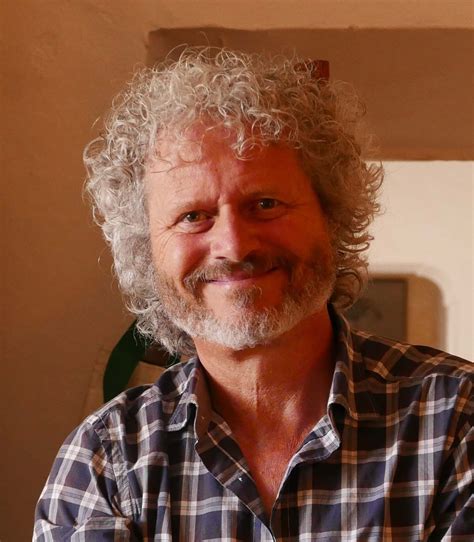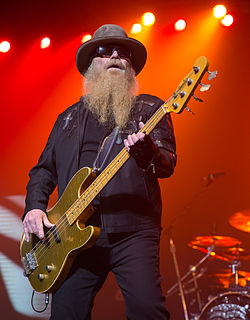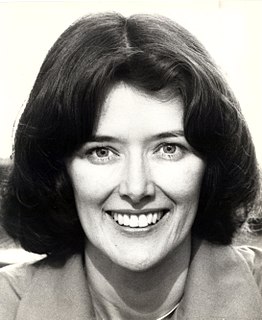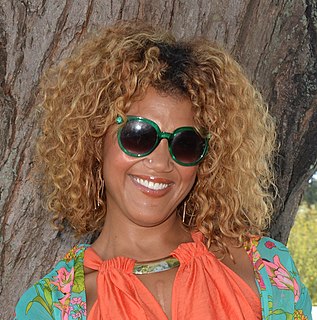A Quote by Philip Carr-Gomm
The songs of our ancestors are also the songs of our children
Related Quotes
That's what is so great about being able to record a 13-song album. You can do a very eclectic group of songs. You do have some almost pop songs in there, but you do have your traditional country, story songs. You have your ballads, your happy songs, your sad songs, your love songs, and your feisty songs.
There are, of course, inherent tendencies to repetition in music itself. Our poetry, our ballads, our songs are full of repetition; nursery rhymes and the little chants and songs we use to teach young children have choruses and refrains. We are attracted to repetition, even as adults; we want the stimulus and the reward again and again, and in music we get it. Perhaps, therefore, we should not be surprised, should not complain if the balance sometimes shifts too far and our musical sensitivity becomes a vulnerability.
Opera contains music that reflects a culture of poetry and aesthetic. Spirituals are no different. What separates a spiritual for me is that I also happen to love Jesus. When I'm approaching these songs, I'm not approaching them like Mozart. I see my faith and the struggle of my ancestors and of a people seeking freedom beside what these songs are going to be in terms of their arrangement and delivery.



































